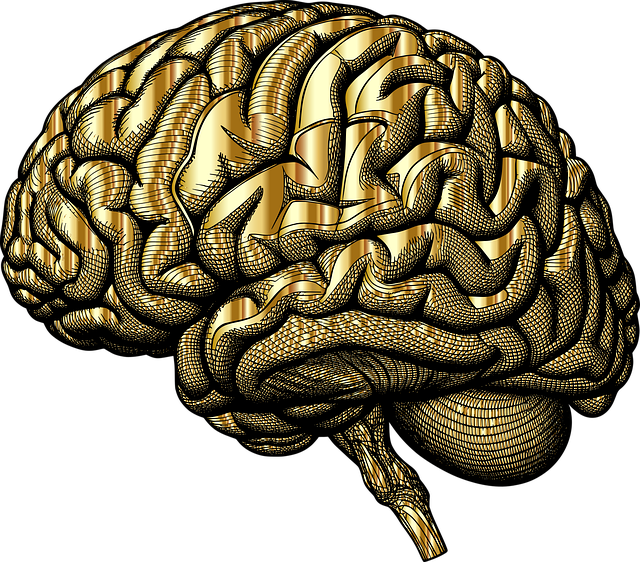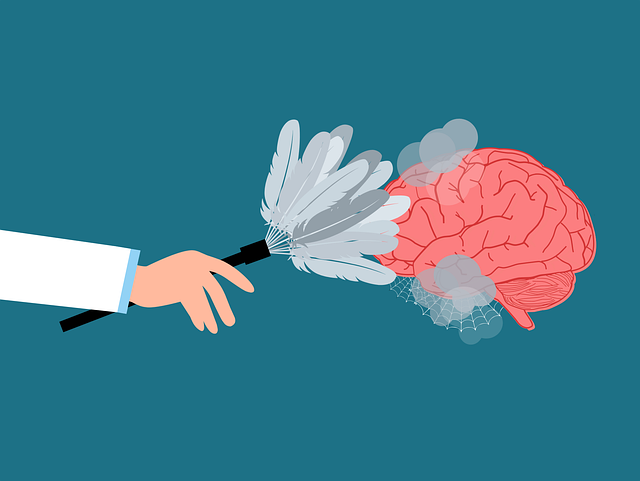Adolescence is a vulnerable period for profound grief, which can lead to mental health issues if unaddressed. Therapy, particularly tailored grief counseling using the RFM (Recovery, Resilience, and Mortality) Model, equips teens with resilience and coping mechanisms. This approach, combining targeted sessions with cultural sensitivity, incorporates mindfulness meditation, art therapy, and role-playing to process emotions and reduce stigma around mental illness. The RFM Model shows promise in enhancing emotional well-being and resilience among adolescents, offering a safe space for expression, empathy building, and understanding mortality, ultimately fortifying teens against life's challenges, especially in therapy for adolescent teens grief counseling.
In the realm of therapy for adolescent teens, grief counseling plays a pivotal role in helping them navigate life’s challenges. This article explores an innovative approach, the RFM (Resilience, Flexibility, and Mastery) model, designed to enhance resilience-building exercises for teens grappling with grief. We delve into the model’s efficacy, offering strategies tailored to adolescent needs. By combining evidence-based practices with creative techniques, RFM presents a promising avenue for Grief Counseling in teen therapy, fostering adaptability and emotional well-being.
- Understanding Adolescent Grief and Its Impact
- Introduction to RFM (Resilience, Flexibility, and Mastery) Model
- Designing Effective Resilience-Building Exercises for Teens
- Implementing RFM in Grief Counseling for Adolescents
- Benefits and Potential Challenges of RFM in Teen Therapy
Understanding Adolescent Grief and Its Impact

Adolescence is a pivotal period marked by emotional intensity and vulnerability. As teens navigate their unique identities, they are susceptible to profound grief when facing significant losses or traumatic events. Understanding adolescent grief is essential as it can significantly impact their mental wellness and overall well-being. This stage of life is characterized by rapid changes and developing coping mechanisms, making them more at risk for prolonged mourning and difficulty processing emotions.
The impact of grief on teens goes beyond the initial shock and sadness. Unaddressed grief can lead to severe mental health issues such as depression, anxiety, and even suicidal ideation. Therefore, providing therapy for adolescent teens, including grief counseling, is crucial in helping them navigate these challenging emotions. Incorporating mindfulness meditation into counseling sessions offers a valuable tool to reduce the stigma associated with mental illness and foster resilience during this critical period of development.
Introduction to RFM (Resilience, Flexibility, and Mastery) Model

The RFM Model—a powerful framework for understanding and enhancing resilience—has gained prominence in mental healthcare, especially when tailored to meet the unique needs of adolescent teens. This approach focuses on three core pillars: Resilience, Flexibility, and Mastery. By fostering inner strength development through targeted therapy sessions, this model equips young individuals with the tools necessary to navigate life’s challenges effectively. The integration of RFM into grief counseling practices has shown significant promise in helping teens process their emotions, build adaptive coping mechanisms, and cultivate a sense of mastery over their lives.
Cultural sensitivity in mental healthcare practice is another key aspect that aligns seamlessly with the RFM Model. Recognizing the impact of cultural backgrounds on an individual’s emotional well-being, this approach encourages therapists to tailor their interventions accordingly. This personalized approach not only enhances the efficacy of therapy but also ensures that adolescent teens from diverse cultural backgrounds receive culturally competent care, promoting better outcomes and fostering a deeper sense of connection during the resilience-building process.
Designing Effective Resilience-Building Exercises for Teens

Designing resilience-building exercises for teens involves tailoring activities that not only help them cope with stress and adversity but also foster a sense of agency and empowerment. Therapy for adolescent teens often incorporates creative techniques such as art therapy, mindfulness practices, and role-playing scenarios to address emotional challenges. These methods are particularly effective in helping teens process grief, anxiety, or trauma, thereby enhancing their overall mental wellness.
In the context of Mental Illness Stigma Reduction Efforts, these exercises can be instrumental in promoting self-acceptance and resilience. Mental Wellness Coaching Programs Development often integrates crisis intervention guidance to equip teens with practical tools for managing emotional crises. By incorporating these strategies into their routines, adolescents build a robust psychological shield against life’s challenges, thereby improving their ability to navigate turbulent times with grace and fortitude.
Implementing RFM in Grief Counseling for Adolescents

Implementing RFM (Recovery, Resilience, and Mortality) in Grief Counseling for Adolescent Teens offers a unique and effective approach to addressing complex emotional challenges. This framework provides a structured yet flexible method to help young individuals process grief, particularly after the loss of a loved one. By incorporating elements of therapy for adolescent teens tailored around trauma support services, professionals can foster an environment that cultivates resilience building.
The RFM model emphasizes the importance of empathy building strategies, encouraging teens to explore and express their emotions in a safe space. This process allows them to develop coping mechanisms and build emotional strength. Through this method, counselors can guide adolescents towards understanding mortality and cultivating a deeper appreciation for life, ultimately helping them navigate future challenges with enhanced resilience.
Benefits and Potential Challenges of RFM in Teen Therapy

Implementing RFM (Resilience-Focused Mindfulness) in teen therapy offers a promising approach to enhancing emotional well-being and fostering resilience. This therapeutic technique leverages mindfulness practices, such as compassion cultivation and empathy building strategies, to help adolescents navigate and manage their emotions effectively. Research suggests that RFM can significantly improve emotional intelligence, reduce symptoms of grief and anxiety, and promote healthier coping mechanisms in young individuals.
Despite its potential benefits, therapists should be aware of possible challenges when introducing RFM to adolescent teens. Some youths might struggle with mindfulness practices due to developmental factors or resistance to new therapeutic methods. Additionally, ensuring a safe and supportive environment is crucial for engaging teens in these exercises. Therapists must tailor their approach, incorporating age-appropriate Empathy Building Strategies and Compassion Cultivation Practices to overcome these challenges and maximize the positive impact of RFM on teen therapy.
The RFM model offers a promising approach to enhancing resilience and mitigating the lasting effects of grief in adolescent teens. By integrating resilience-building exercises tailored to their developmental stage, therapy for adolescent teens can be revolutionized. This evidence-based strategy not only complements traditional grief counseling but also empowers young individuals with coping mechanisms to navigate life’s challenges. As practitioners, understanding the RFM model’s potential and addressing potential challenges is key to providing effective support for those experiencing grief during their formative years.









